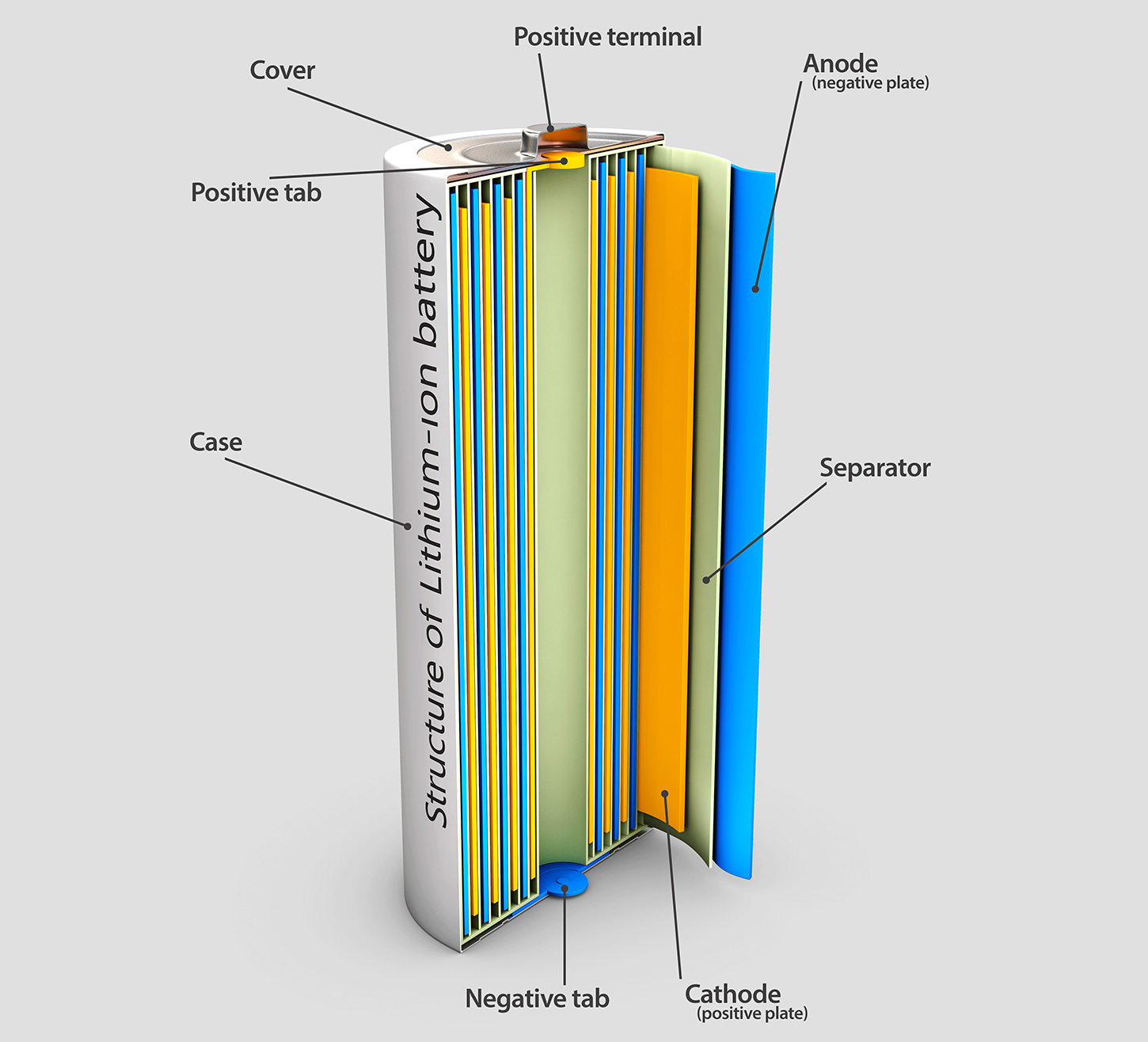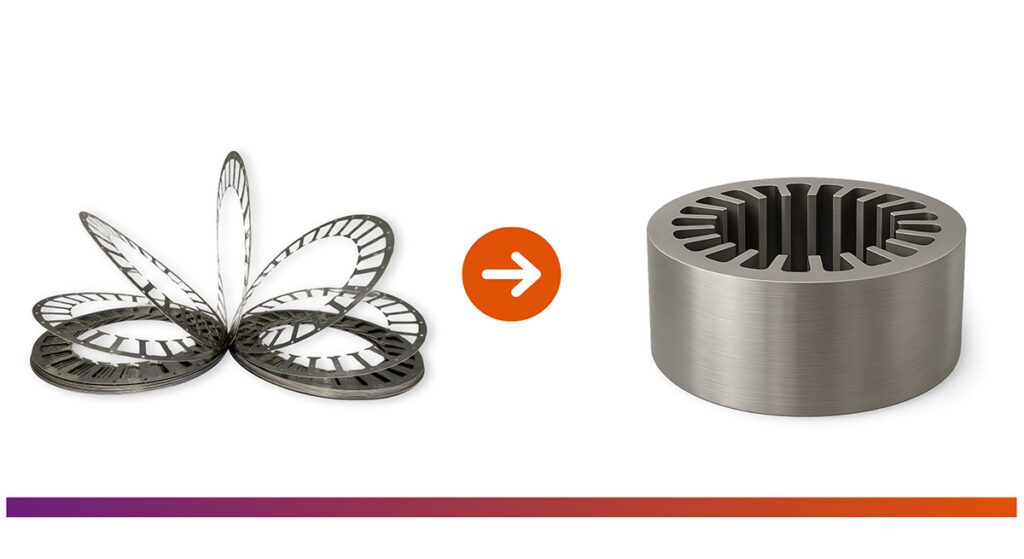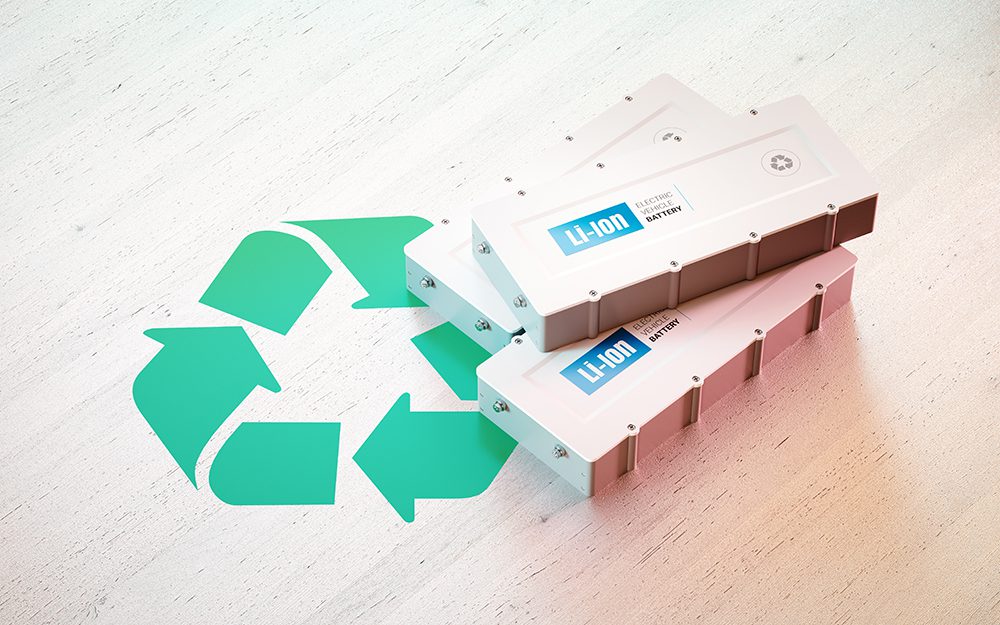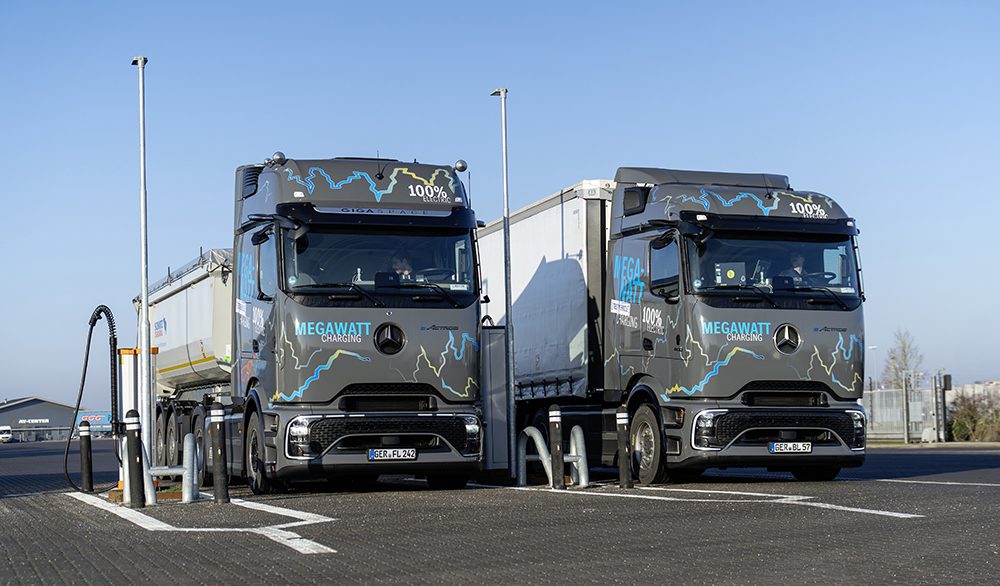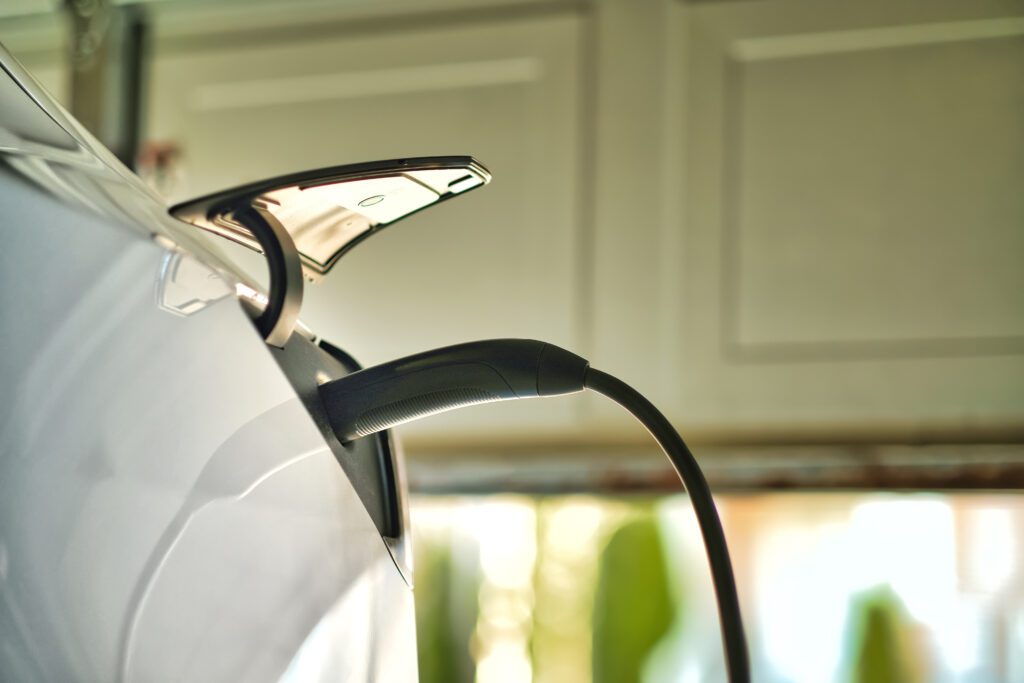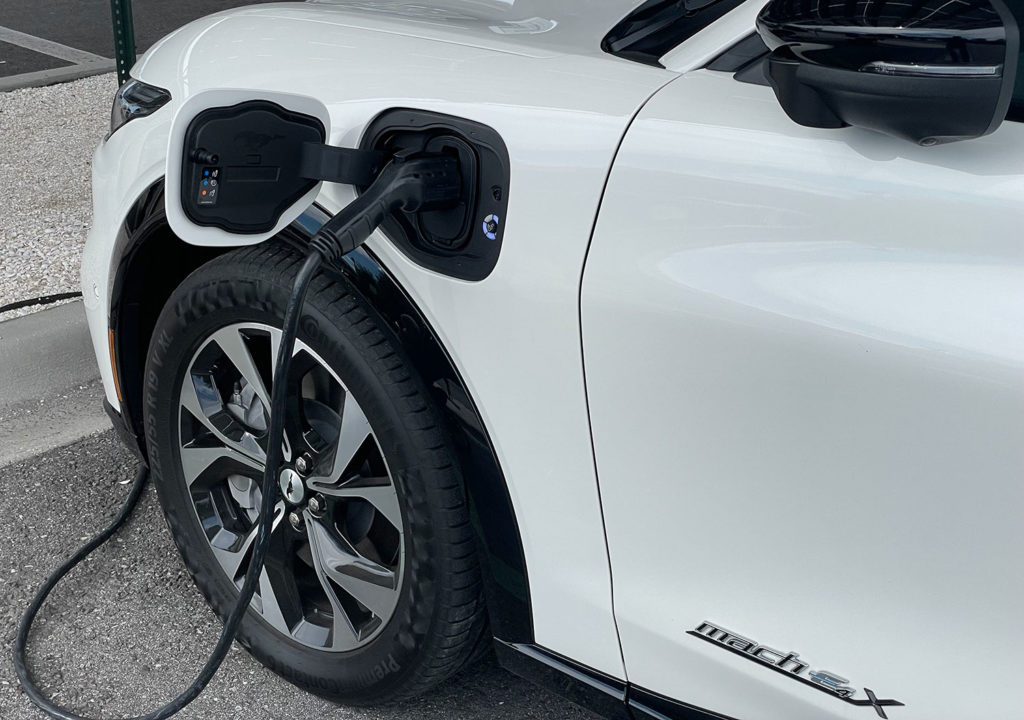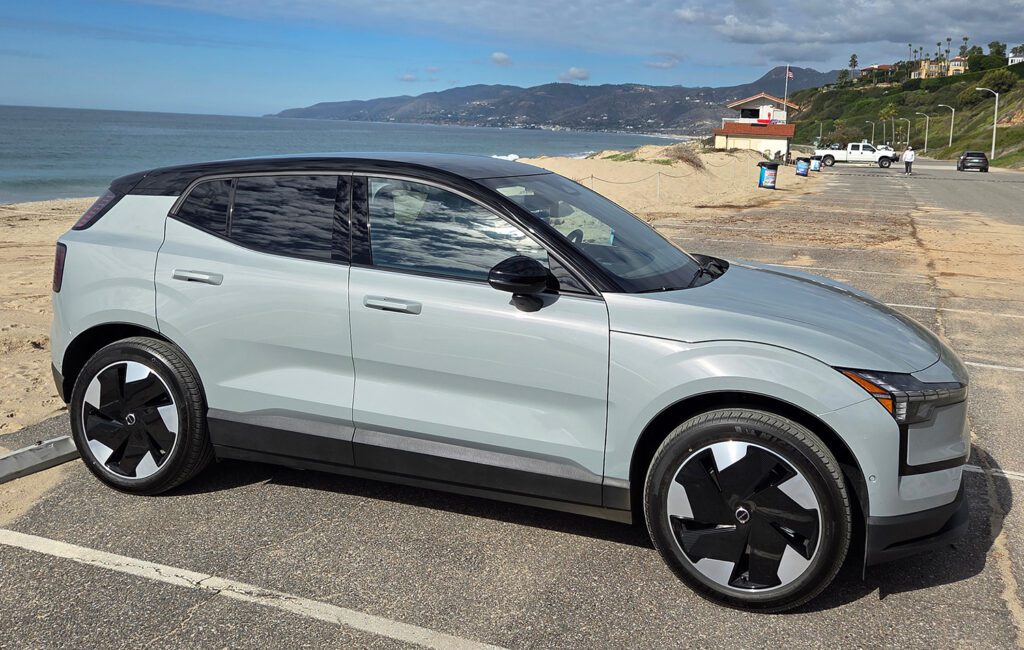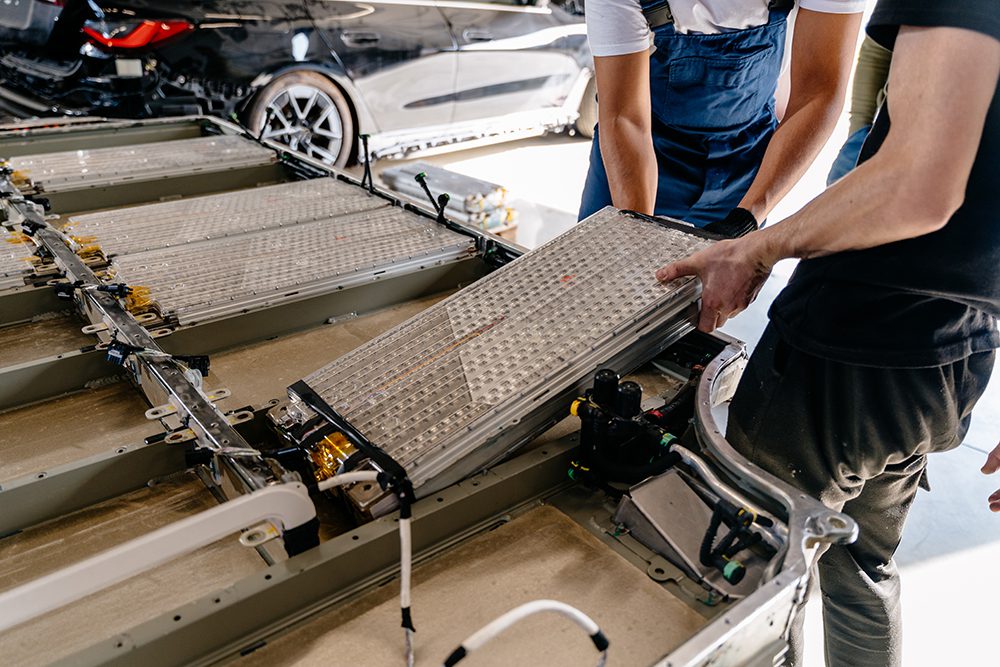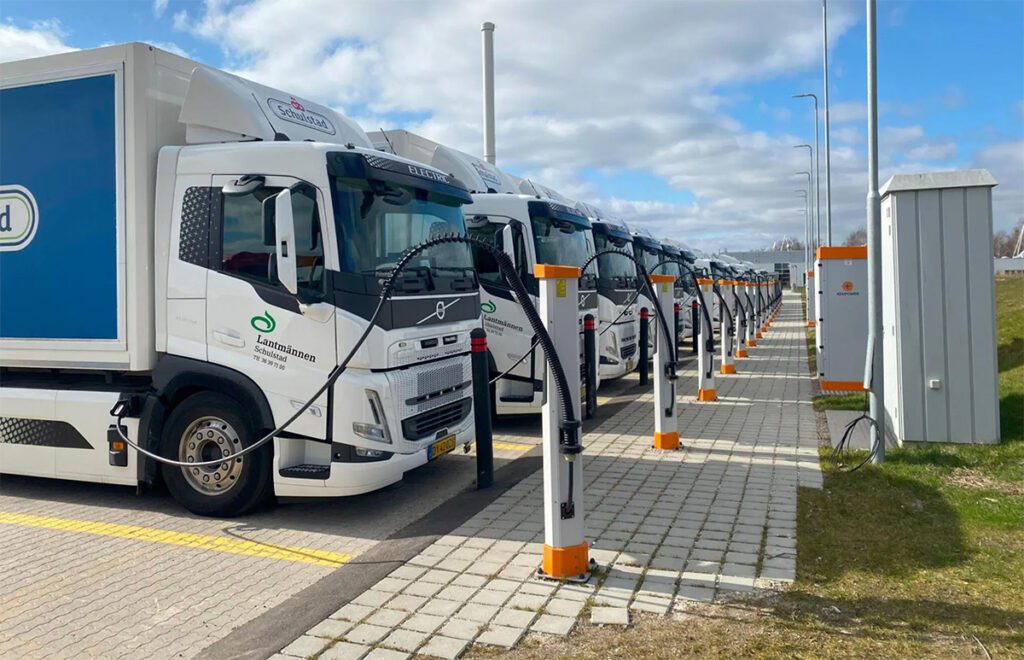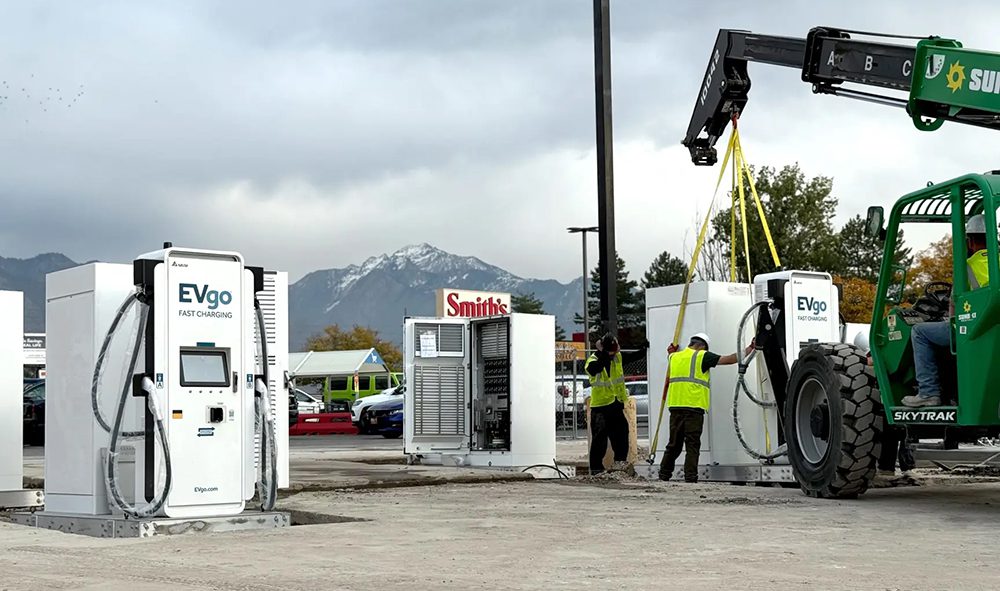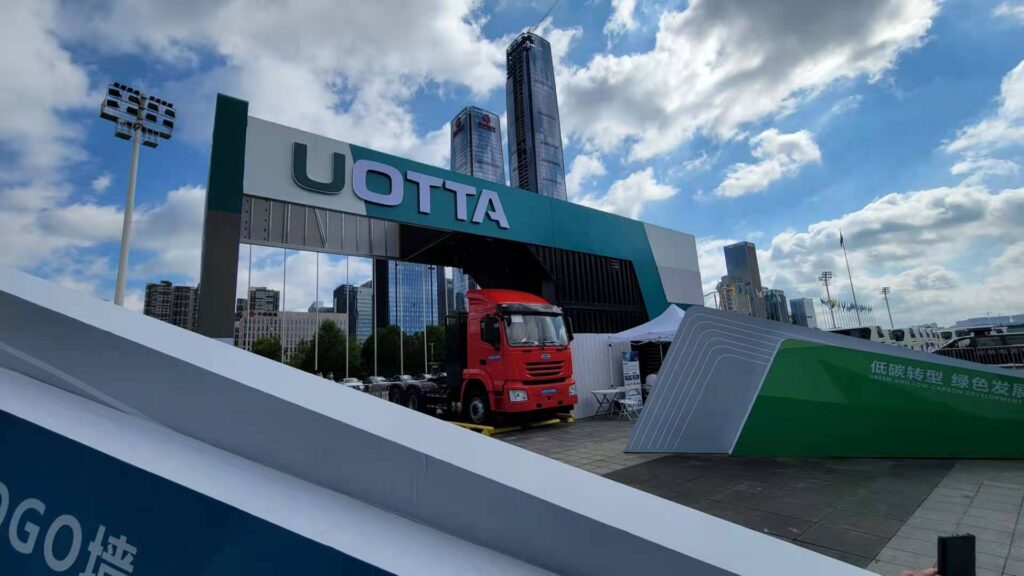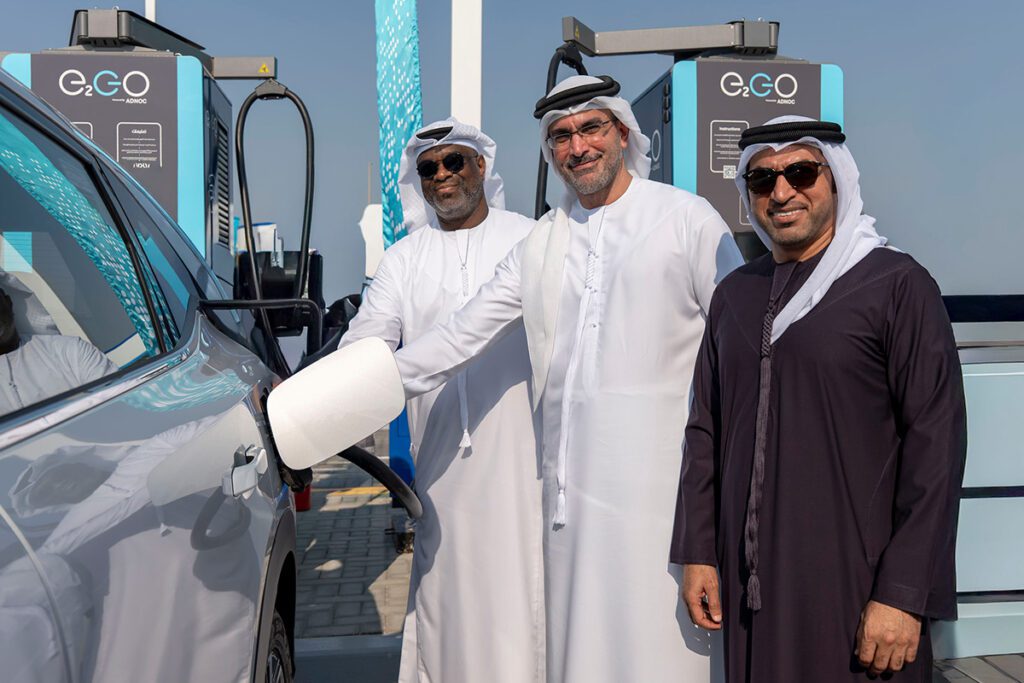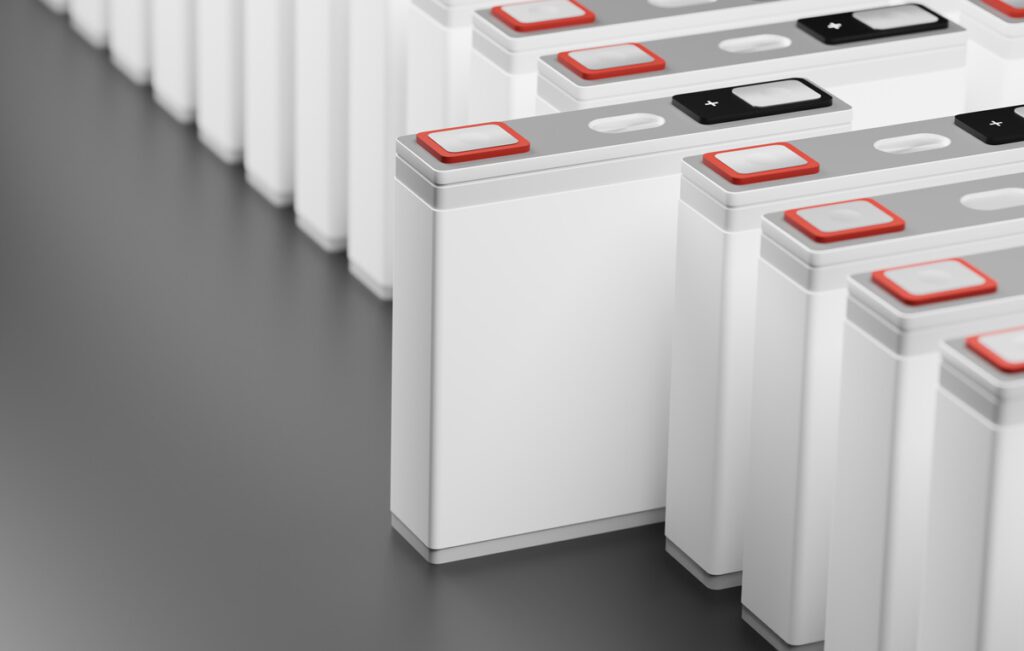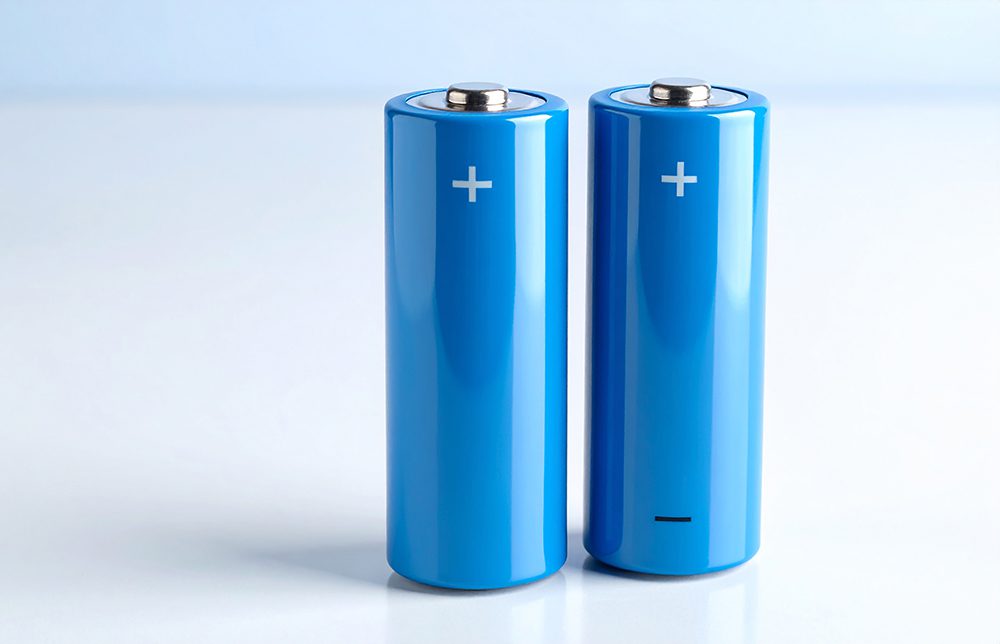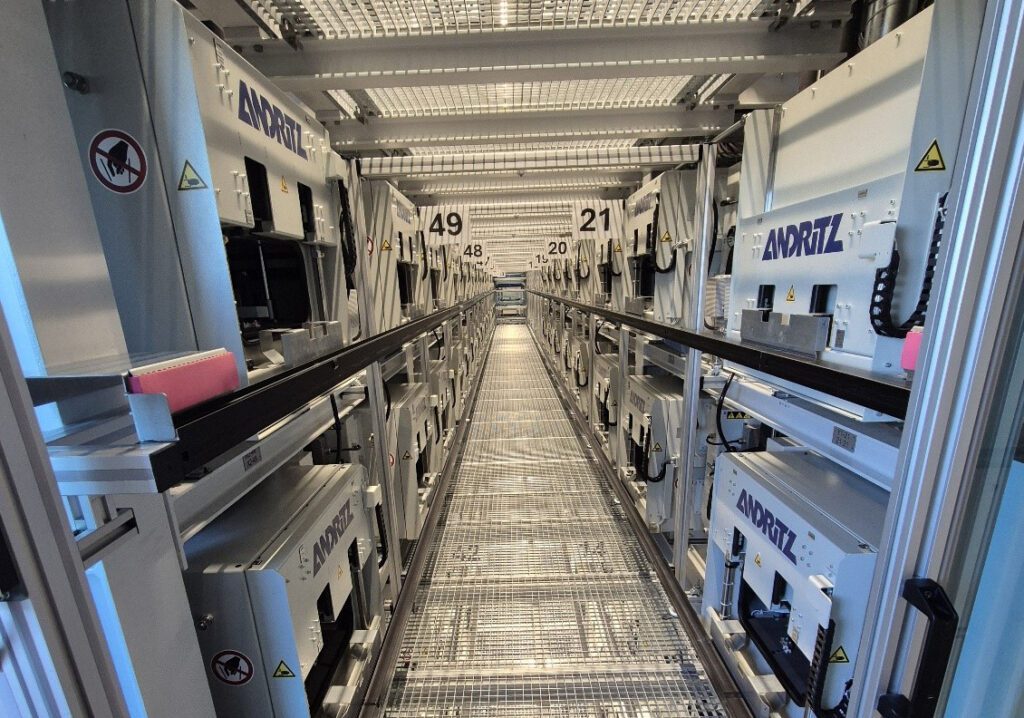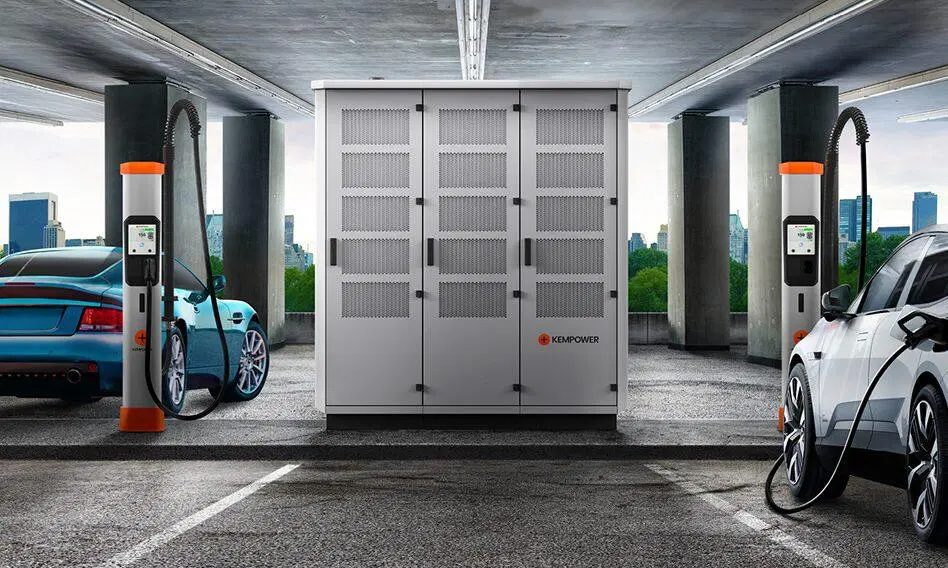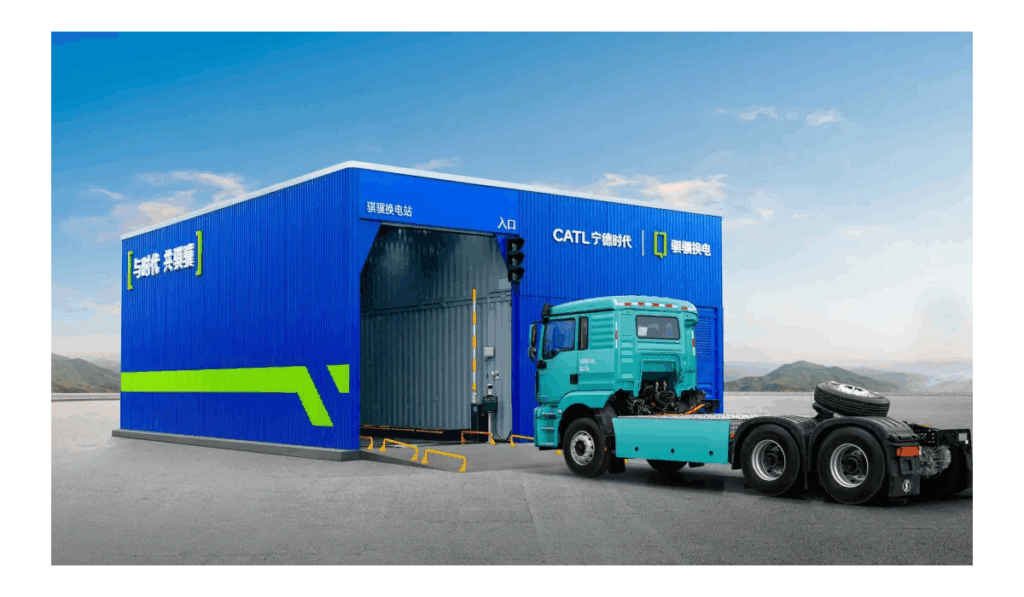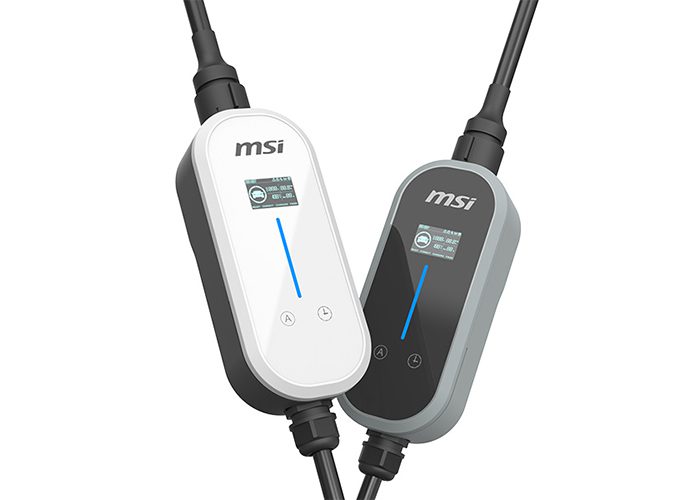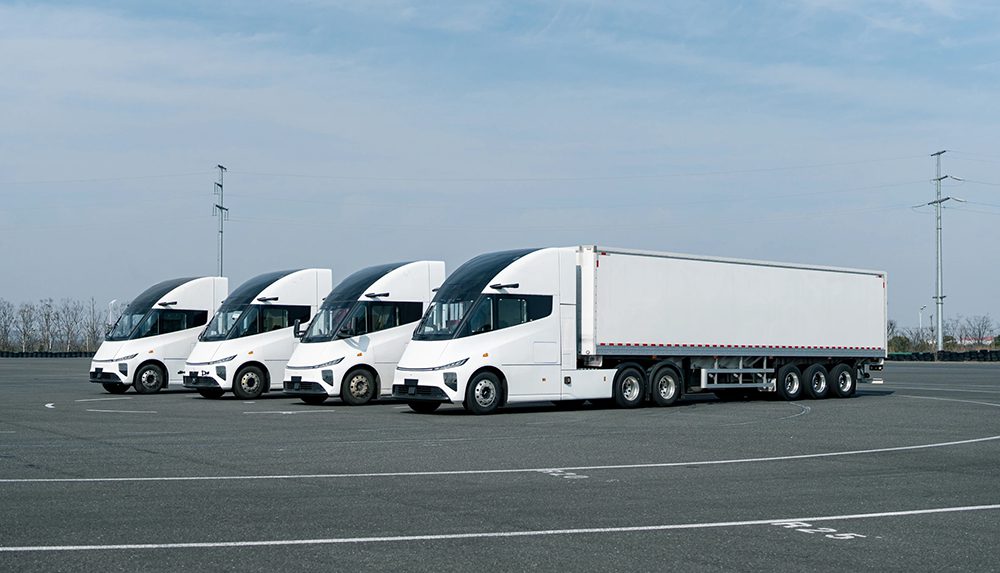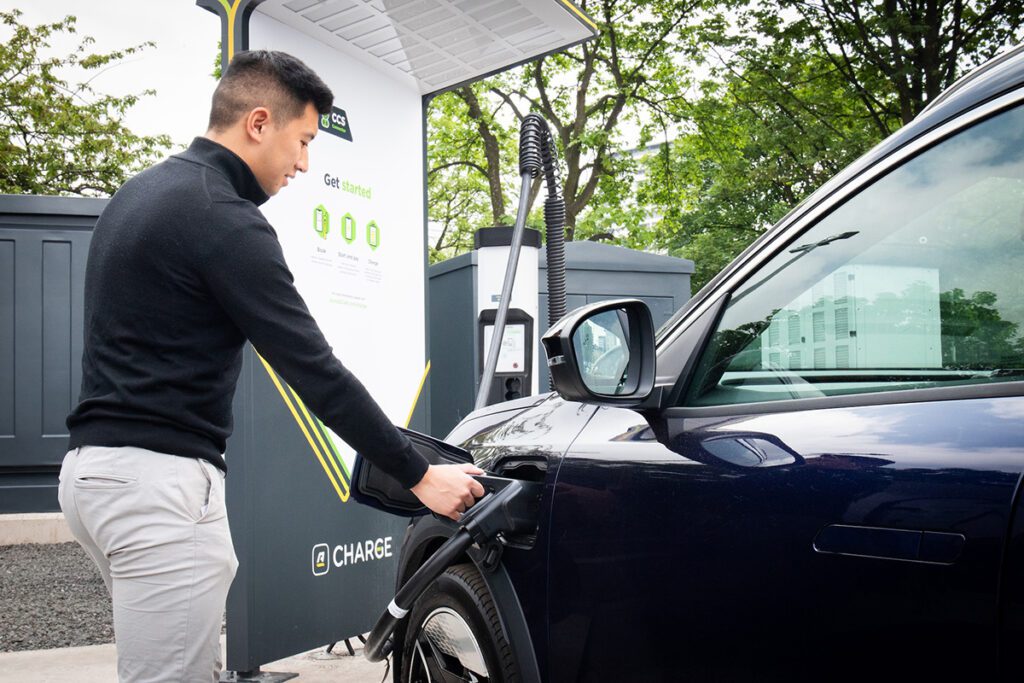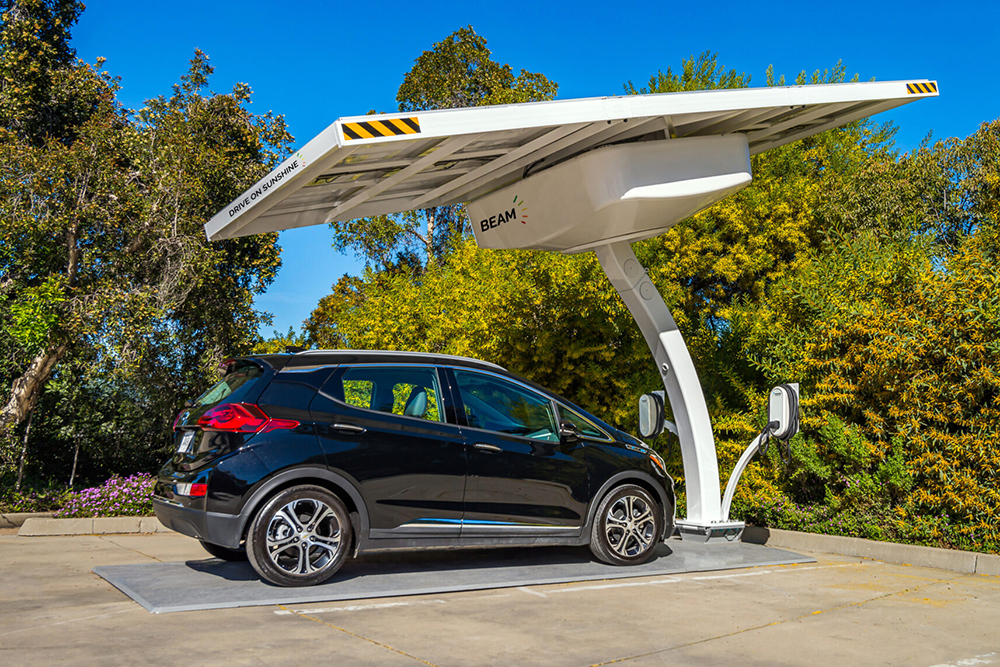A team of researchers from UC Irvine and four national laboratories has fabricated a cobalt-free cathode for lithium-ion batteries.
The researchers relied on doping using HE-LMNO and magnesium, titanium, manganese, molybdenum and niobium inside the structure to fabricate a high-nickel cathode.
“Through a technique we refer to as ‘high-entropy doping,’ we were able to successfully fabricate a cobalt-free layered cathode with extremely high heat tolerance and stability over repeated charge and discharge cycles,” said research team member Huolin Xin. “This achievement resolves long-standing safety and stability concerns around high-nickel battery materials, paving the way for broad-based commercial applications.”

“The highly stable structure is capable of withstanding more than 1,000 cycles and high temperatures, which makes it comparable to cathodes with much lower nickel content,” says UCI News.
In an article published in Nature, the researchers write: “Combining X-ray diffraction, transmission electron microscopy and nanotomography, we find that the cathode exhibits nearly zero volumetric change over a wide electrochemical window, resulting in greatly reduced lattice defects and local strain-induced cracks.”
“The combination of the different methods at NSLS II [National Synchrotron Light Source II] beamlines enabled the discovery of a trapping effect of oxygen vacancies and defects inside the material, which effectively prevents the crack formation in the HE-LMNO secondary particle, making this structure extremely stable during cycling,” says research team member Mingyuan Ge.
Source: UCI News







